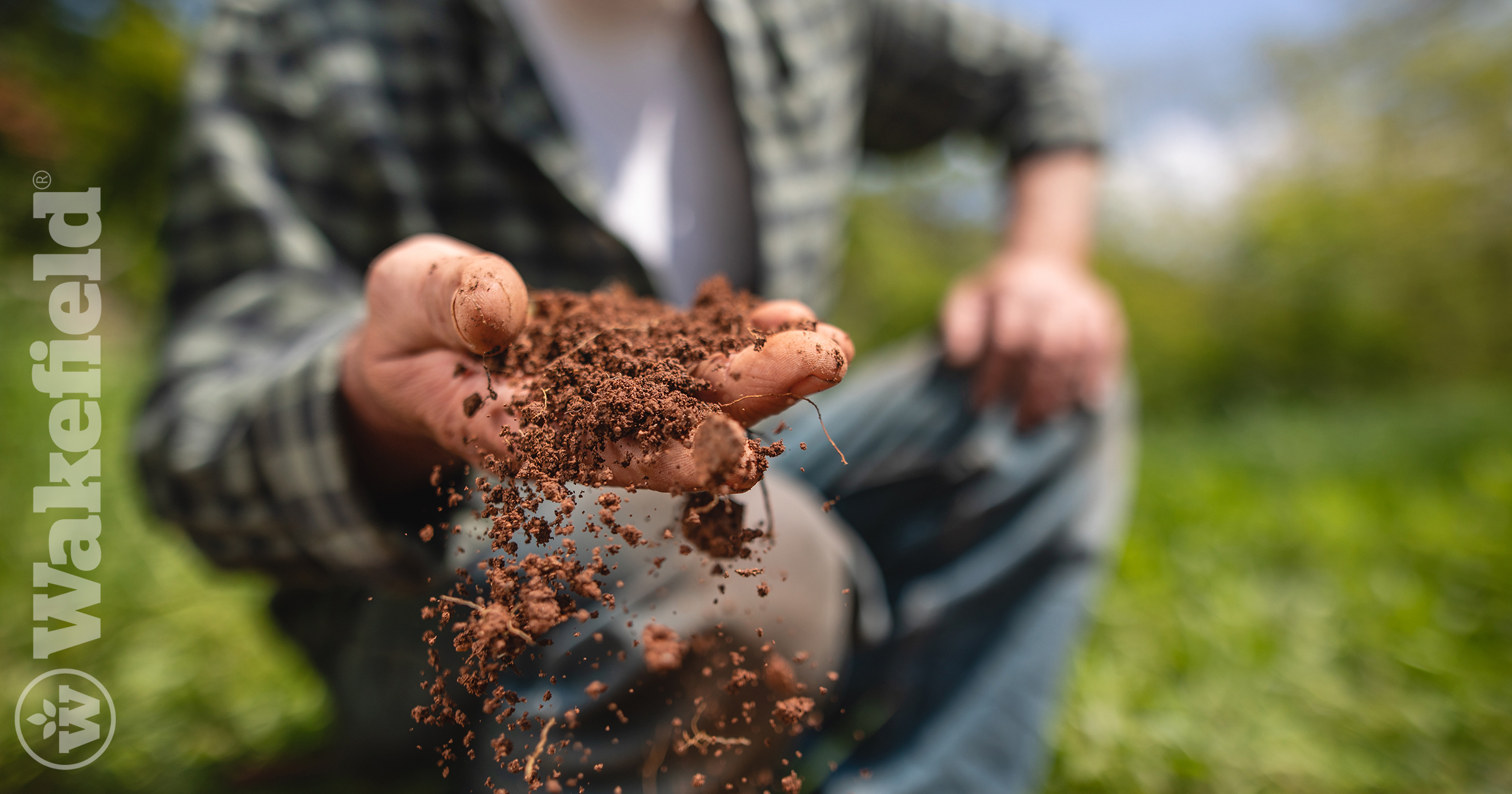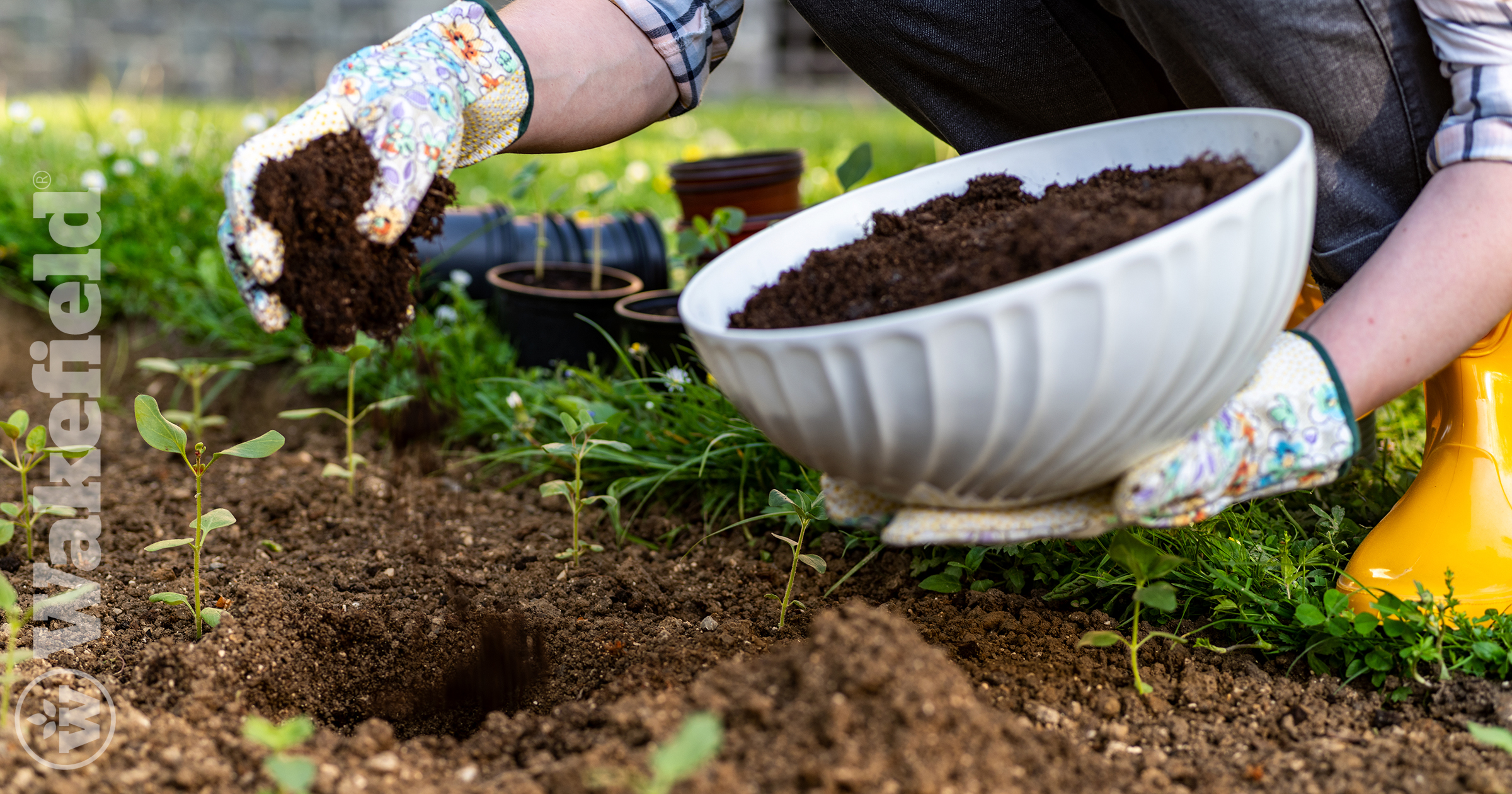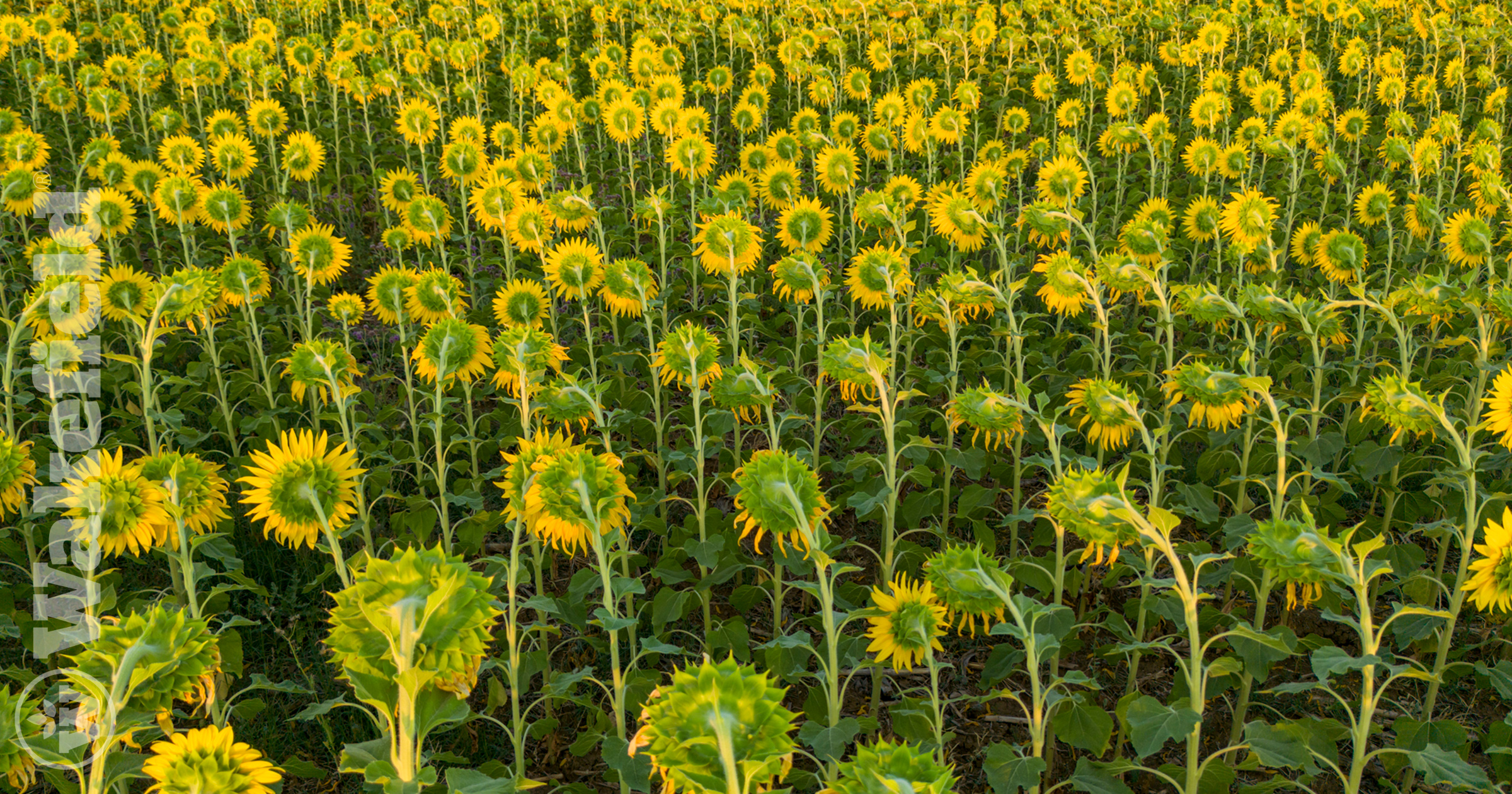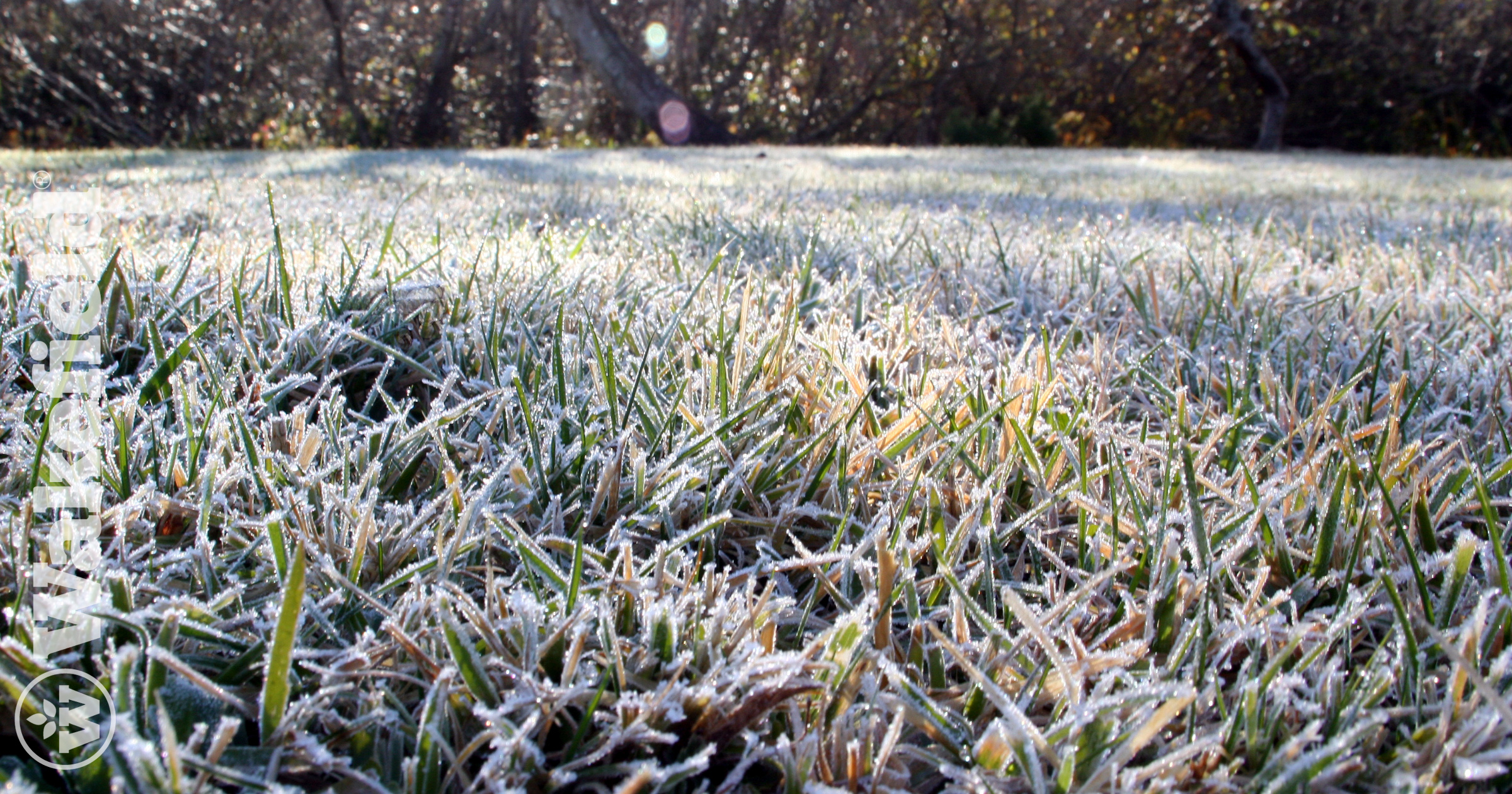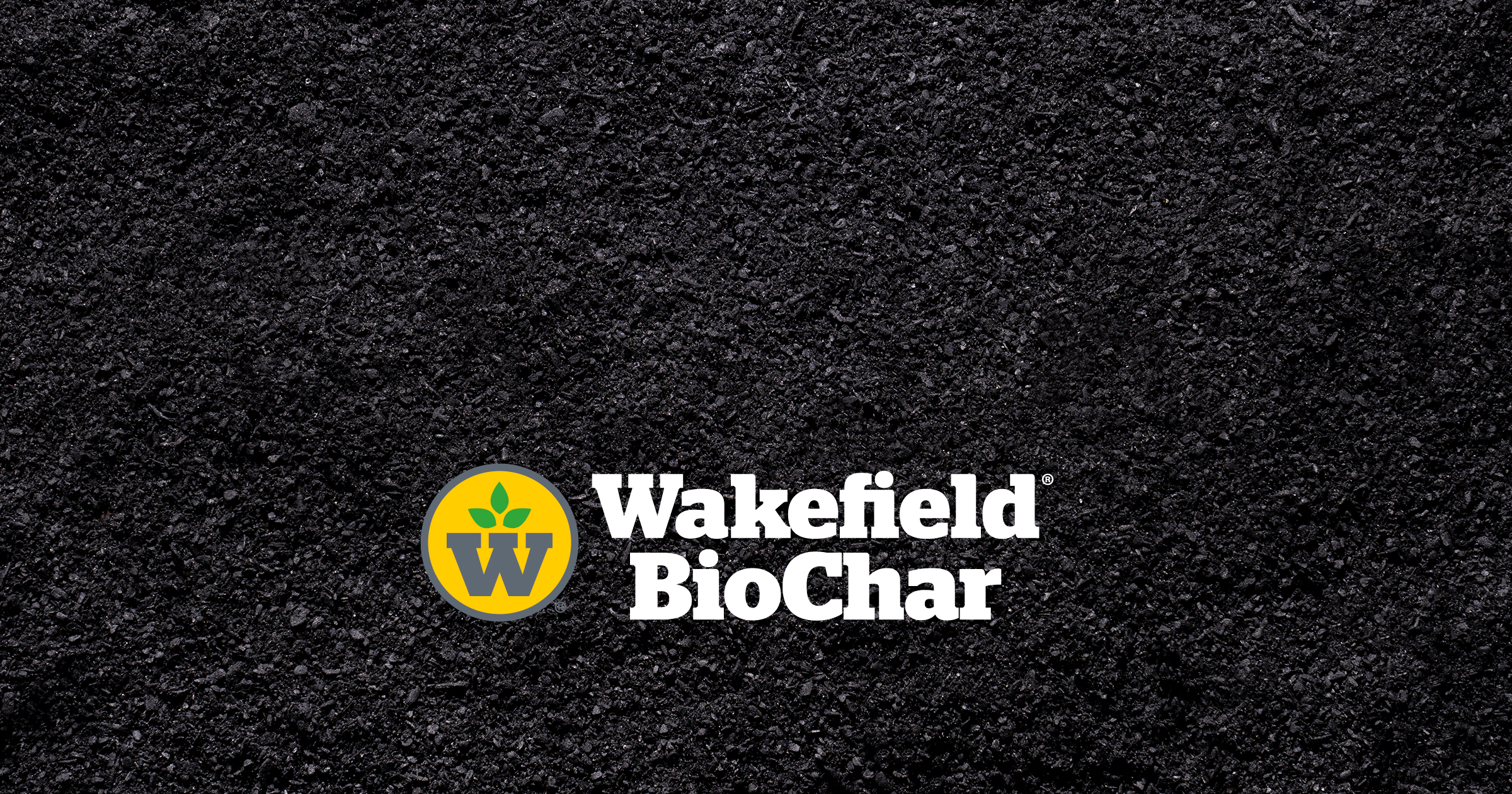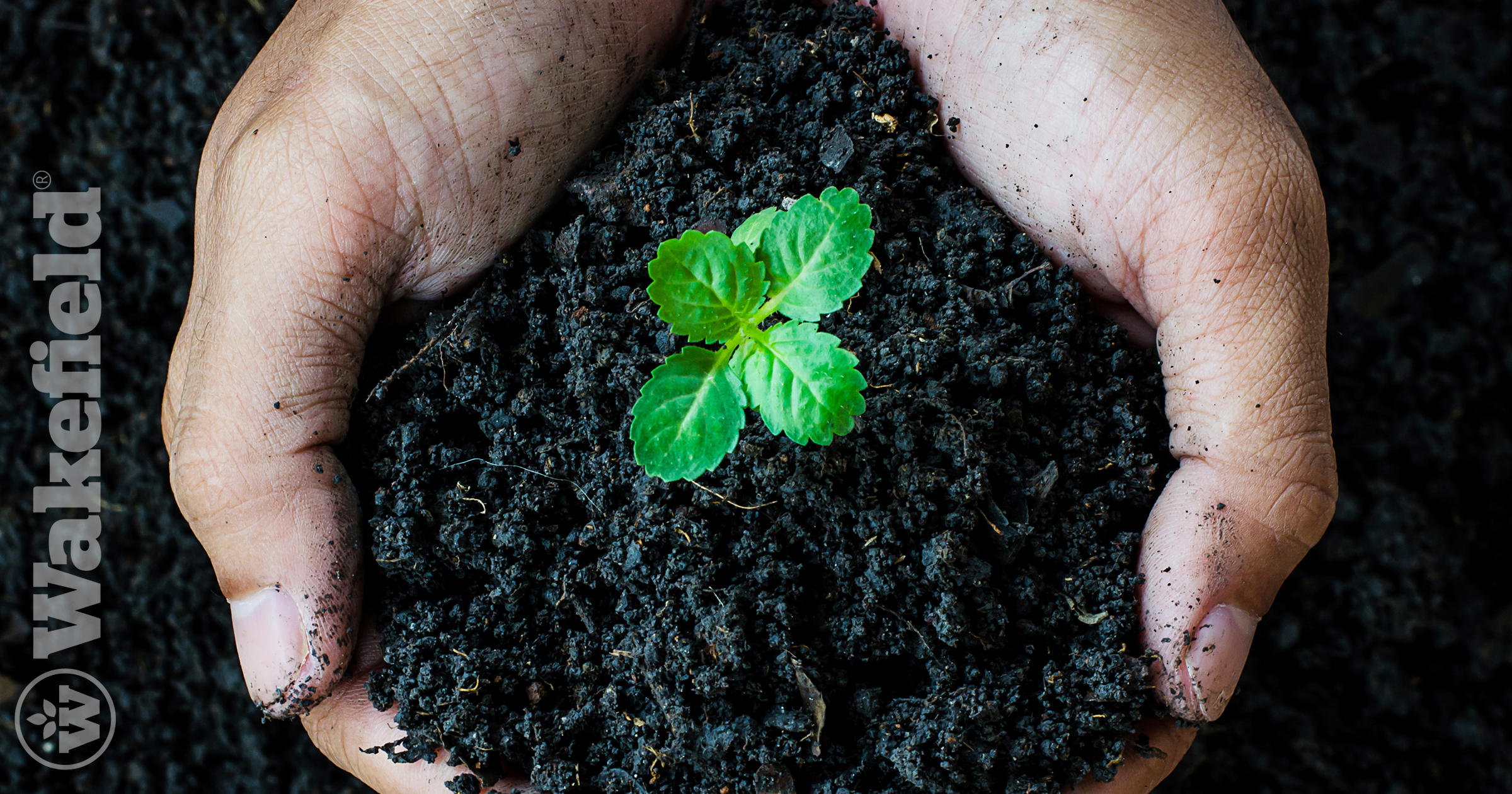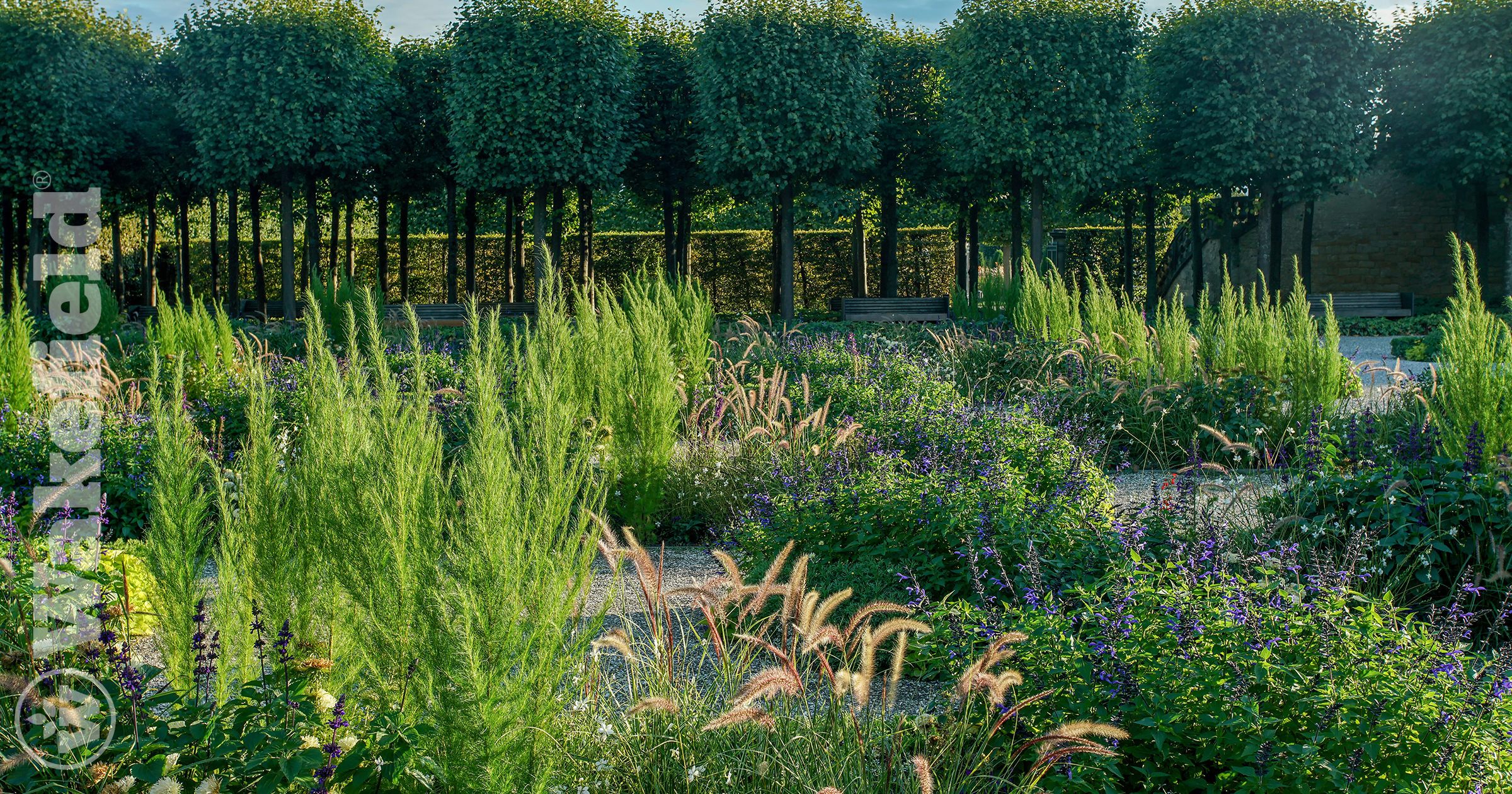
Learning Center
Explore practical articles, expert insights, and step-by-step guides to enhance your gardening.
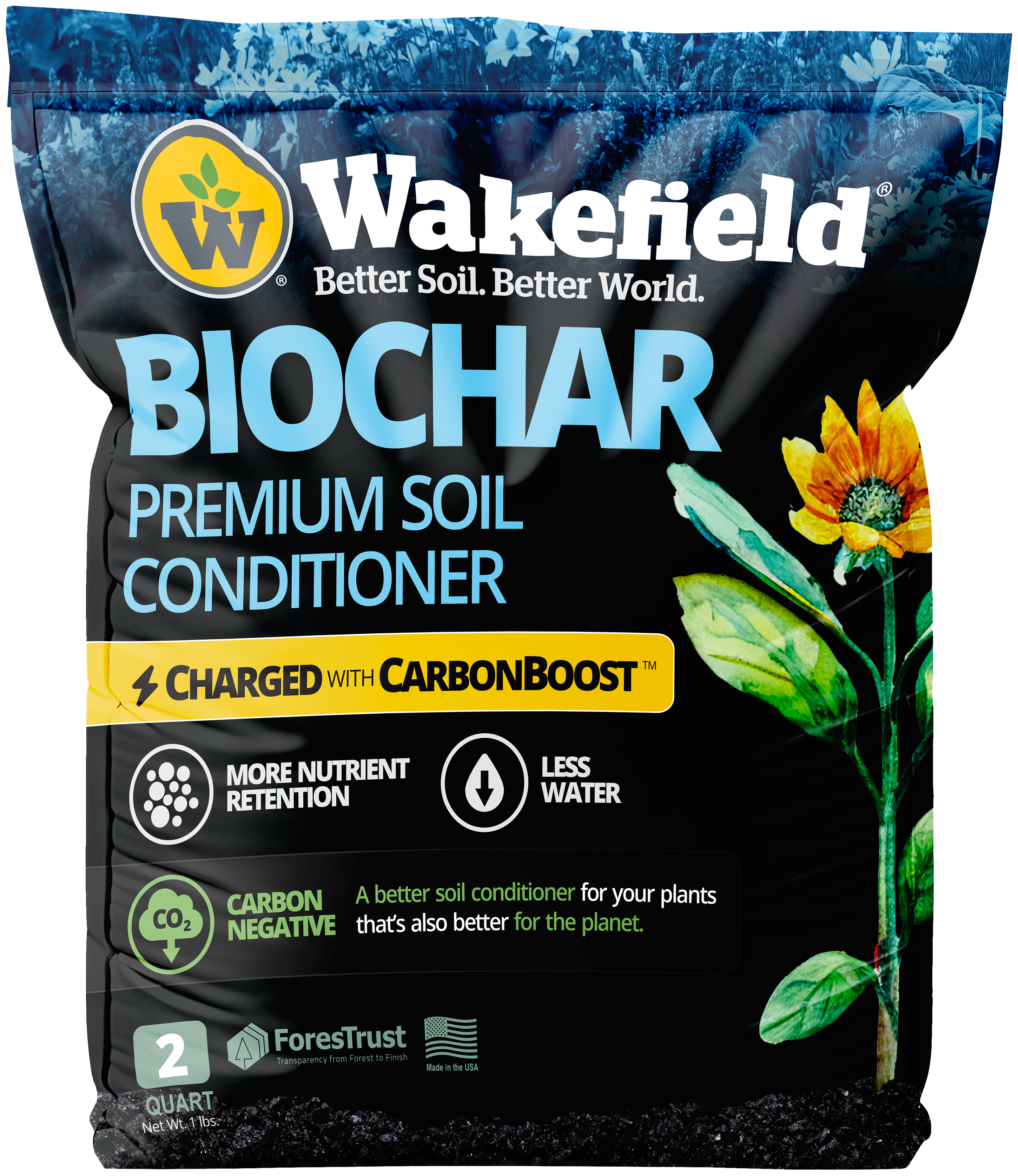

Learning Center Channels
The following articles appear in the Experienced Gardener channel:
Does Biochar Add Nitrogen to the Soil?
Learn whether biochar adds nitrogen to the soil and how it interacts with other nutrients to improve soil fertility.
Biochar, Carbon Credits, and Climate Mitigation
The carbon market reduces greenhouse gases by promoting efficient energy use, renewable energy, and tree planting, earning tradable carbon credits to fund carbon capture projects.
How to Use Biochar
Learn how to use Wakefield BioChar to improve your soil, garden beds, compost, and more. Enhance soil health, boost plant growth, and reduce waste with biochar.
Biochar Video Gallery – Learn About Biochar
The rich history of biochar, how it is made, its benefits to our agriculture, how it is made and how it also benefits our environment have been shared many times through TEDTalks and other presentations.
Sustainability
Join the sustainable gardening revolution with biochar, a green ally that enriches your garden while preserving the planet for future blooms.
The Science of Biochar
Biochar is a highly porous, carbon-rich substance produced by heating organic matter in a low-oxygen environment – a process called pyrolysis.
Use Biochar To Minimize Salt Damage Over The Winter
Revive salt-damaged soil effortlessly by applying biochar evenly. It absorbs excess salts while rejuvenating the soil, paving the way for healthier plants to flourish.
Is Biochar Just Burnt Wood?
Learn why biochar is much more than just burnt wood and its benefits for soil health.
Is Biochar a Fertilizer?
Find out why biochar is not a fertilizer, but an essential soil enhancer that boosts plant growth and soil health.
Can Biochar Burn Plants?
Learn whether biochar can burn plants and how to use it safely to benefit your garden.
